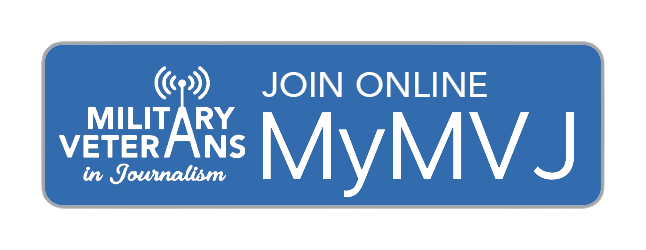

All that I was allowed to bring for a 12-week basic combat training and 14-week advanced individual training fit inside this carry-on sized bag. I remember I packed a favorite pair of black sweatpants, Army-approved undies, an eyeliner pen, a t-shirt and some tennis shoes. Screengrab courtesy of Noelle Wiehe.
When the military first takes your life into their hands, all you’re allotted is a bag with a change of clothes. I remember that for basic combat training, I thought I’d never packed so little for what would be the longest “trip” of my life. I felt the same when I deployed – only so much stuff fits in your small corner of the world inside a giant shipping container with sheets for curtains and a twin bunk bed frame to sleep on.
Now that you’ve hung up the uniform, the life of luxury doesn’t fit in a duffel.
Alas, we’ve chosen the hard work of the fourth estate, and with this journey comes the expectation of relocation all over again. I’ve had two professors at two separate universities warn me that if I want to have a career in the journalism field, I’m going to have to move.
At least in the military, we were tasked with making a list of our top three duty stations. That might not be the case in journalism. Depending on your situation, you might not have time to wait for a call from The New York Times, and the anchors in your hometown might not be passing on the baton anytime soon. Instead, you may consider moving to middle-of-nowhere Texas, where they need an eager and enthusiastic newbie to work as a general assignment reporter and cover stock shows held in an ag building (true story). Just like the military, though, if you embrace every opportunity, you can have a lot of fun.
The first and most important tip that I have for you when you land a dream job in a place you know nothing about is to network. As a service member, you were a part of the 1% of Americans who serve in the United States military, and now you’re a part of the 7% who are U.S. military veterans in this world. Use your connections. I’ll even give you a headstart: your best one could be right here within Military Veterans in Journalism. This incredible organization connects you to veterans of all branches on the same career path as you.

Noelle Wiehe, general assignment reporter at the Vernon Daily Record from November 2012-October 2013. I covered stock shows for the local high schools in my combat Army boots. Photo courtesy of Noelle Wiehe.
Another great resource is the people who hired you. I nearly took a job in Florida, but the editor told me that if I was relocating, the apartments and houses open were few and far between because the area was still recovering from a hurricane. I took this advice and even considered purchasing an RV, but ultimately turned down the job.
Starting over brand new in a city or small town is hard, and only you know what you need to keep your sanity.
My start date and move-in date did not line up for my first move for journalism. So, I found a campground approximately an hour from the newspaper office so that I could start working and still have a place to shower and sleep until my apartment was ready.
You have to have a plan. And then, you have to have a backup plan.
Being adaptable is key – but hopefully, you’ve kept that trait in your veteran-hood.

The dedicated folks who make up Military Veterans in Journalism at the 2022 Convention in Washington, DC. Not only are these a great group to keep in mind for networking, but they’re also all a lot of fun. Photo courtesy of MVJ.
The 2022 Military Veterans in Journalism Convention, held in Washington D.C.My advice is to know what you need in a new place. One of my biggest priorities is building a way to make friends fast. Right after I lock down a job and a place to live, I’m looking up what recreational sports leagues there are and joining “Foodies of [insert new city]” Facebook groups to find hangouts.
The 2022 Military Veterans in Journalism Convention, held in Washington D.C.The career may not come with as many built-in friends as the military did, but that’s why Military Veterans in Journalism exists. If you’re considering a move and would like to pick my brain about some things, please feel free to email me. I’ve lived in nine states and one shipping container in the Middle East chasing this military journalism dream, and believe me, I’ve got more than these 600 words of tips for anyone who wants to listen.

Noelle Wiehe, the author of this article, joined the U.S. Army as an enlisted public affairs soldier. She followed her dream of telling the military’s story from outside the uniform, working in downtown Savannah as editor-in-chief at Connect Savannah before landing a fellowship through Military Veterans in Journalism to work for Coffee or Die Magazine. She is now seeking to continue her journalism passion. Connect with her on LinkedIn!












